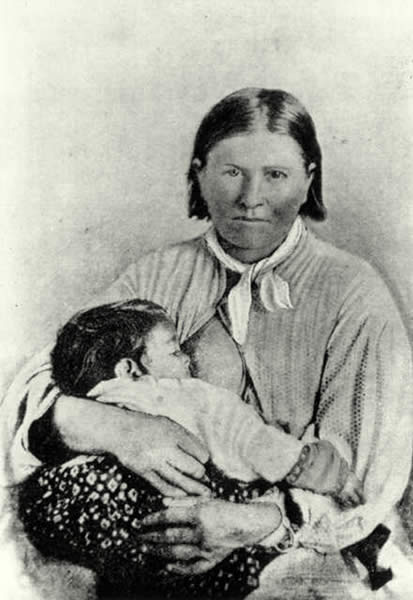On grassy plains and timbered river bottoms from Kansas to Texas, Cynthia Ann-Nautdah-had drifted in the mystical cycles of the seasons, living in that random, terrifying, bloody, and intensely alive place where nature and divinity became one.
And then, suddenly, all of it disappeared. Instead of Stone Age camps aswirl in magic and taboo and scented smoke from mesquite lodge fires, she found herself sitting on taffeta chairs in drawing rooms on the outer margins of the Industrial Revolution, being interrogated by polite uncomprehending white men who believed in a single God and in a supremely rational universe where everything could be explained. This new culture was every bit as alien as the one she confronted after the attack on Parker's Fort. It was as though she had walked yet again through a door into another world, quite as complete as the one she had left and, in all of its mystifying details, completely different.
S.C. Gwynne, from Empire of the Summer Moon: Quanah Parker and the Rise and Fall of the Comanches, the Most Powerful Indian Tribe in American History









































































































































































No comments:
Post a Comment